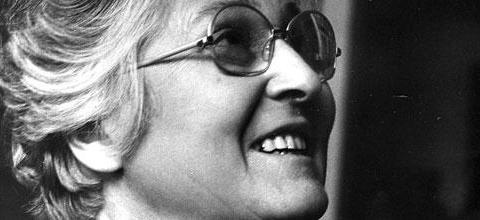Lessons in Rationality From the French Doctor Spock

France had its own version of Dr. Spock. Her name was and is Françoise Dolto. Like Dr. Spock, she was a pediatrician and a psychoanalyst. And she is still kind of the cornerstone, one of the two main cornerstones of how the French think about children.
Françoise Dolto’s idea is that a child is rational from the moment he’s born. I mean, even from before that. She said that even a fetus in the womb can kind of intuit the conflicts and relationships and issues kind of swirling all around him and that you should speak to babies from the moment they’re born not in the American-style of speaking to babies where you want to comfort them with the sound of the mother’s voice, because that might be familiar. You’re supposed to actually tell them true information. The content of what you say actually matters to them in France.
So French parents would tell me, not all of them but some of them would say, when they brought their babies home from the maternity hospital, they would take them on a house tour and say this is where you live, this is your living room, this is going to be your room, you know, it’s yellow.
And Françoise Dolto’s main point is that children, of course, need to be happy, but what they also need is a rational understanding of the world. They need to be accompanied by their parents and have the truth of what they already know affirmed for them — to have someone say, “Yes, you’re right.” Your parents really are getting divorced or your grandfather did just die. And she would say you take a young child even to the funeral, even if he doesn’t stay for the whole time, to show this is what happens in the world. This is your world, because the child knows it anyway.
You see this is many aspects of French parenting. Even if every single parent hasn’t read Françoise Dolto, she sort of has permeated the atmosphere of French parenting. So there are all kinds of ways that French parents get their kids to sleep. But one French nanny said that what she does is she gave me all these kind of traditional sleep techniques and then she said, “Then, of course, I talk to the child about his sleep. I tell the baby what I’m going to do that night, the fact that I’m not going to come in again. I’m going to come in once, I’m going to put his pacifier back and then I’m not going to come in again.”
Pretty much whenever I posed a question to a French mom about what would you do in X situation, her answer will include, well, of course, you first talk to him about it, and that starts at any age.





